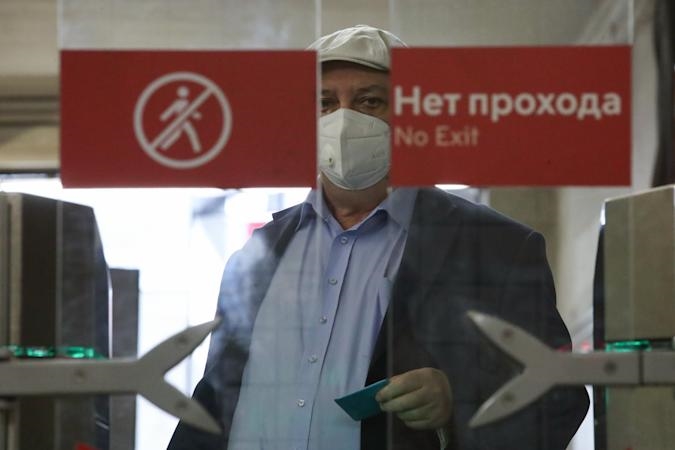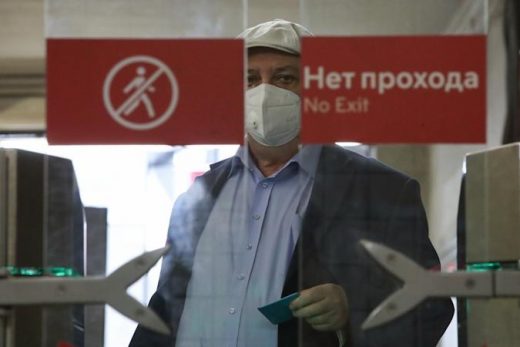UK schools will use facial recognition to speed up lunch payments
Moscow metro launches facial recognition payment system despite privacy concerns
It’s now active at over 240 stations across the Russian capital.


More than 240 metro stations across Moscow now allow passengers to pay for a ride by looking at a camera. The Moscow metro has launched what authorities say is the first mass-scale deployment of a facial recognition payment system. According to The Guardian, passengers can access the payment option called FacePay by linking their photo, bank card and metro card to the system via the Mosmetro app. “Now all passengers will be able to pay for travel without taking out their phone, Troika or bank card,” Moscow mayor Sergey Sobyanin tweeted.
In the official Moscow website’s announcement, the country’s Department of Transport said all Face Pay information will be encrypted. The cameras at the designated turnstyles will read a passenger’s biometric key only, and authorities said information collected for the system will be stored in data centers that can only be accessed by interior ministry staff. Moscow’s Department of Information Technology has also assured users that photographs submitted to the system won’t be handed over to the cops.
Still, privacy advocates are concerned over the growing use of facial recognition in the city. Back in 2017, officials added facial recognition tech to the city’s 170,000 security cameras as part of its efforts to ID criminals on the street. Activists filed a case against Moscow’s Department of Technology a few years later in hopes of convincing the courts to ban the use of the technology. However, a court in Moscow sided with the city, deciding that its use of facial recognition does not violate the privacy of citizens. Reuters reported earlier this year, though, that those cameras were also used to identify protesters who attended rallies.
Stanislav Shakirov, the founder of Roskomsvoboda, a group that aims to protect Russians’ digital rights, said in a statement:
“We are moving closer to authoritarian countries like China that have mastered facial technology. The Moscow metro is a government institution and all the data can end up in the hands of the security services.”
Meanwhile, the European Parliament called on lawmakers in the EU earlier this month to ban automated facial recognition in public spaces. It cited evidence that facial recognition AI can still misidentify PoCs, members of the LGBTI+ community, seniors and women at higher rates. In the US, local governments are banning the use of the technology in public spaces, including statewide bans by Massachusetts and Maine. Four Democratic lawmakers also proposed a bill to ban the federal government from using facial recognition.
Engadget is a web magazine with obsessive daily coverage of everything new in gadgets and consumer electronicsmounting oppositionmusic festivalslive facial recognitionreportsFacial recognition
(41)


